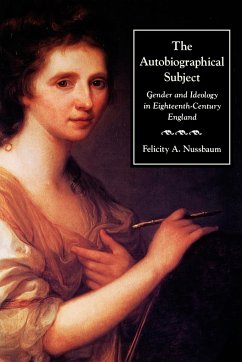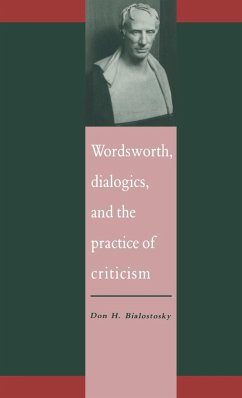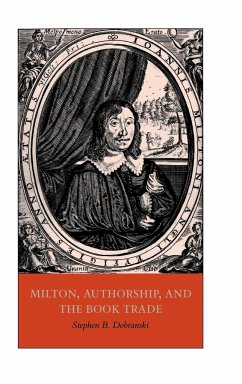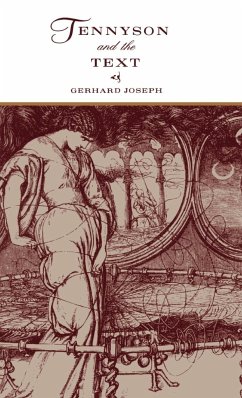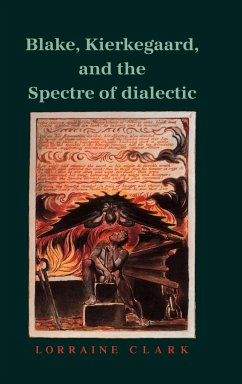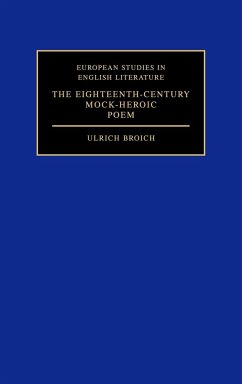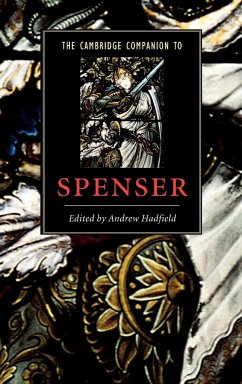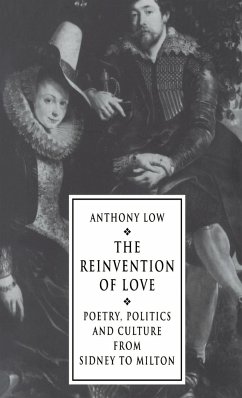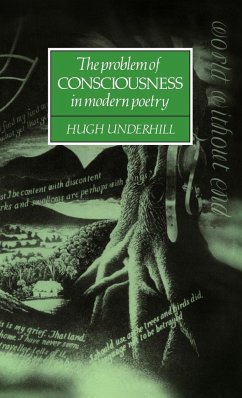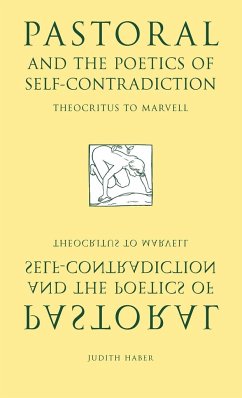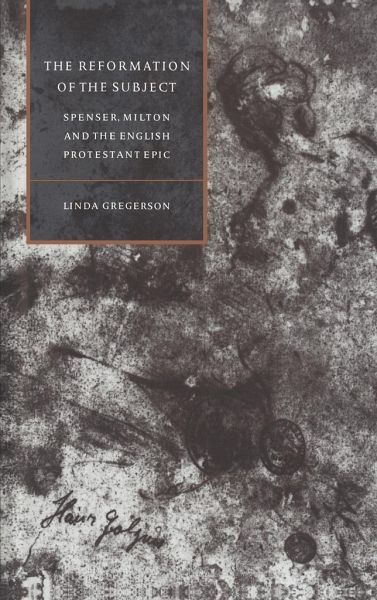
The Reformation of the Subject
Spenser, Milton, and the English Protestant Epic
Herausgeber: Orgel, Stephen; Barton, Anne

PAYBACK Punkte
57 °P sammeln!
The Reformation of the Subject is a ground-breaking study of the cultural contradictions that gave birth to the English Protestant epic. In lucid and theoretically sophisticated language, Linda Gregerson examines the fraught ideological, political, and gender conflicts that are woven into the texture of The Faerie Queene and Paradise Lost. She reminds us that Reformation iconoclasts viewed verbal images with the same aversion as visual images, because they too were capable of waylaying the human imagination. Through a series of detailed readings, Gregerson examines the different strategies ado...
The Reformation of the Subject is a ground-breaking study of the cultural contradictions that gave birth to the English Protestant epic. In lucid and theoretically sophisticated language, Linda Gregerson examines the fraught ideological, political, and gender conflicts that are woven into the texture of The Faerie Queene and Paradise Lost. She reminds us that Reformation iconoclasts viewed verbal images with the same aversion as visual images, because they too were capable of waylaying the human imagination. Through a series of detailed readings, Gregerson examines the different strategies adopted by Spenser and Milton as they sought to distinguish their poems from idols yet preserve the shaping power that iconoclasts have long attributed to icons. Tracing the transformation of the epic poem into an instrument for the reformation of the political subject, Gregerson thus provides an illuminating contribution to our understanding of the ways in which subjectivities are historically produced.
Table of contents:
Introduction; 1. Emerging likeness: Spenser's mirror sequence of love; 2. The closed image; 3. Narcissus interrupted: specularity and the subject of the Tudor state; 4. The mirror of romance; 5. Fault lines: Milton's mirror of desire; 6. Words made visible: the embodied rhetoric of Satan, Sin and Death; 7. Divine similitude: language in exile; Index.
Reformation iconclasts viewed the verbal images of poetry with distrust - yet the Reformation also produced the defining monuments of English epic. Linda Gregerson traces the ideological, political, and gender conflicts that Spenser and Milton confronted as they transformed the epic into an instrument for the reformation of the political subject.
The Faerie Queene and Paradise Lost, as defining monuments of English epic in an iconoclastic age.
Table of contents:
Introduction; 1. Emerging likeness: Spenser's mirror sequence of love; 2. The closed image; 3. Narcissus interrupted: specularity and the subject of the Tudor state; 4. The mirror of romance; 5. Fault lines: Milton's mirror of desire; 6. Words made visible: the embodied rhetoric of Satan, Sin and Death; 7. Divine similitude: language in exile; Index.
Reformation iconclasts viewed the verbal images of poetry with distrust - yet the Reformation also produced the defining monuments of English epic. Linda Gregerson traces the ideological, political, and gender conflicts that Spenser and Milton confronted as they transformed the epic into an instrument for the reformation of the political subject.
The Faerie Queene and Paradise Lost, as defining monuments of English epic in an iconoclastic age.





